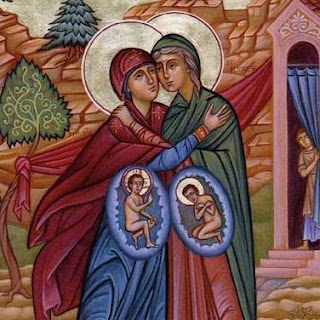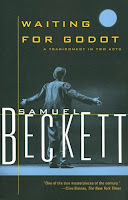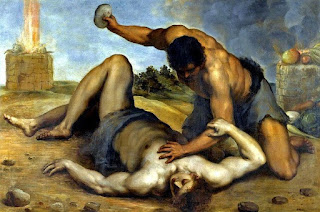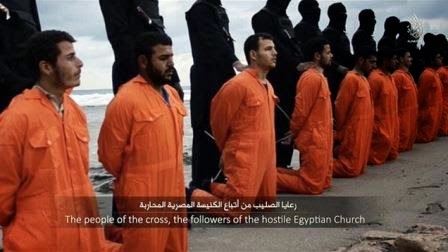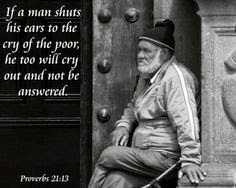Spiritual Arsenal #1: Thinking Right

As we go into the New Year, I want to equip you for the battle that lies ahead and all around. Do you have the right tools in your spiritual arsenal ? In Ephesians 6:12, Paul’s words remind us that " our struggle is not against enemies of blood and flesh, but against the rulers, against the authorities, against the cosmic powers of this present darkness, against the spiritual forces of evil in the heavenly places. " In the Christian life, folks are sometimes tempted by attractive yet ineffective pieces of armor or weaponry. They too often go for flashy or showy things that do little to help others. Believers frequently fall in love with equipment that offers no aid in the battle against the forces of darkness. I love this photo that went viral in 2015. Perhaps you know the famous football (soccer) club on the north side of London named Arsenal. One lifelong fan asked his girlfriend to take a picture of him outside the stadium. He wanted her to capture his face in f
